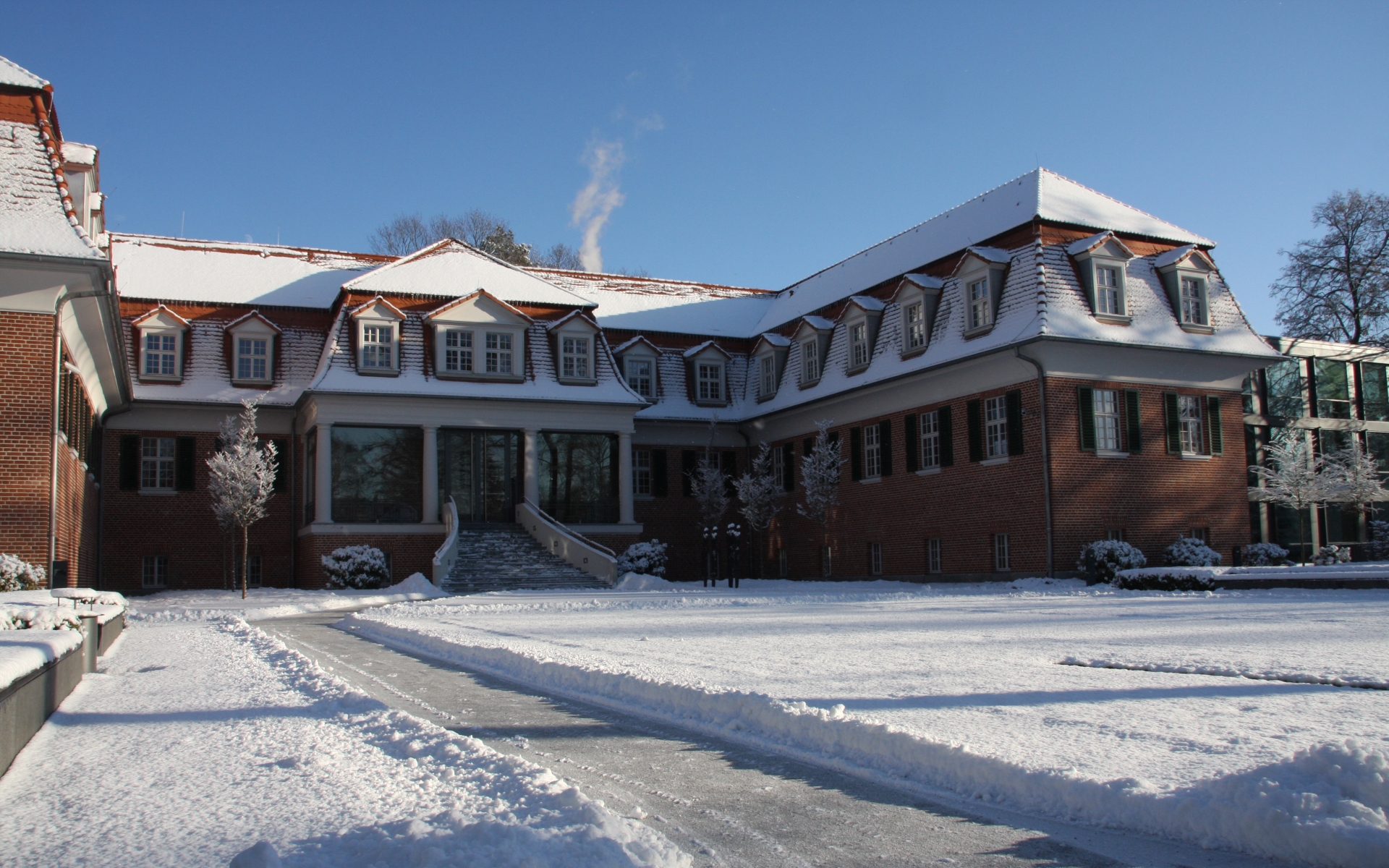1.
Hagedorn, C., Lange, C., Huegle, J., Schlosser, R.: GPU Acceleration for Information-theoretic Constraint-based Causal Discovery. In: Le, T.D., Liu, L., Kıcıman, E., Triantafyllou, S., and Liu, H. (eds.) Proceedings of The KDD’22 Workshop on Causal Discovery, Proceedings of Machine Learning Research (PMLR) 185. pp. 30–60 (2022).
2.
Hagedorn, C., Huegle, J., Schlosser, R.: Understanding Unforeseen Production Downtimes in Manufacturing Processes using Log Data-driven Causal Reasoning. Journal of Intelligent Manufacturing. 33, 2027–2043 (2022).
3.
Huegle, J., Hagedorn, C., Boehme, L., Poerschke, M., Umland, J., Schlosser, R.: MANM-CS: Data Generation for Benchmarking Causal Structure Learning from Mixed Discrete-Continuous and Nonlinear Data. WHY-21 @ NeurIPS 2021 (2021).
4.
Hagedorn, C., Huegle, J.: Constraint-Based Causal Structure Learning in Multi-GPU Environments. In: Seidl, T., Fromm, M., and Obermeier, S. (eds.) Proceedings of the LWDA 2021 Workshops: FGWM, KDML, FGWI-BIA, and FGIR, Online, September 1-3, 2021. pp. 106–118. CEUR-WS.org (2021).
5.
Huegle, J.: An Information-Theoretic Approach on Causal Structure Learning for Heterogeneous Data Characteristics of Real-World Scenarios. Proceedings of the Thirtieth International Joint Conference on Artificial Intelligence, IJCAI-21. pp. 4891–4892. International Joint Conferences on Artificial Intelligence Organization (2021).
6.
Huegle, J., Hagedorn, C., Perscheid, M., Plattner, H.: MPCSL - A Modular Pipeline for Causal Structure Learning. Proceedings of the 27th ACM SIGKDD Conference on Knowledge Discovery & Data Mining. pp. 3068–3076. Association for Computing Machinery, New York, NY, USA (2021).
7.
Hagedorn, C., Huegle, J.: GPU-Accelerated Constraint-Based Causal Structure Learning for Discrete Data. Proceedings of the 2021 SIAM International Conference on Data Mining (SDM). pp. 37–45 (2021).
8.
Huegle, J., Hagedorn, C., Uflacker, M.: How Causal Structural Knowledge Adds Decision-Support in Monitoring of Automotive Body Shop Assembly Lines. In: Bessiere, C. (ed.) Proceedings of the Twenty-Ninth International Joint Conference on Artificial Intelligence, IJCAI-20. pp. 5246–5248. International Joint Conferences on Artificial Intelligence Organization (2020).
9.
Schmidt, C., Huegle, J.: Towards a GPU-Accelerated Causal Inference. HPI Future SOC Lab - Proceedings 2017. pp. 187–194 (2020).
10.
Schmidt, C., Huegle, J., Horschig, S., Uflacker, M.: Out-of-Core GPU-Accelerated Causal Structure Learning. Algorithms and Architectures for Parallel Processing. ICA3PP 2019. pp. 89–104. Springer International Publishing (2020).
11.
Schmidt, C., Huegle, J., Bode, P., Uflacker, M.: Load-Balanced Parallel Constraint-Based Causal Structure Learning on Multi-Core Systems for High-Dimensional Data. SIGKDD Workshop on Causal Discovery. pp. 59–77 (2019).
12.
Schmidt, C., Huegle, J., Uflacker, M.: Order-independent constraint-based causal structure learning for gaussian distribution models using GPUs. SSDBM ’18 Proceedings of the 30th International Conference on Scientific and Statistical Database Management. pp. 19:1–19:10. ACM, New York, NY, USA (2018).

